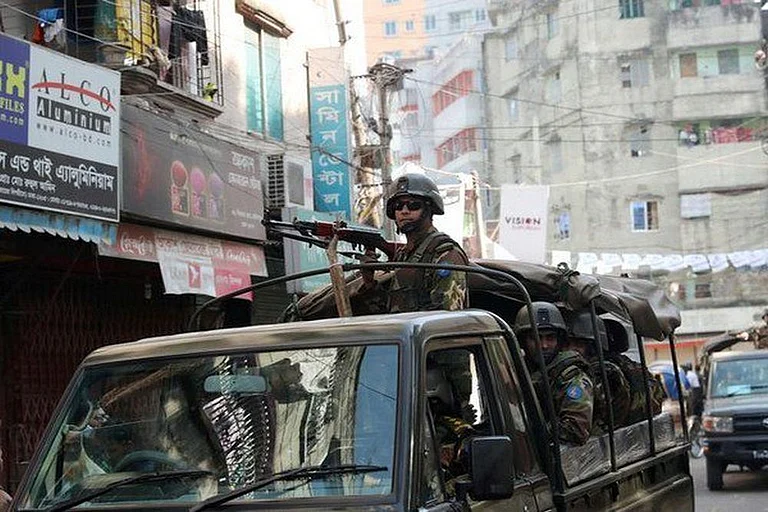After two futile attempts to rename and assert claim over the northeastern state, China again has released a third set of names in Chinese, Tibetan and pinyin characters for Arunachal Pradesh.
India has previously dismissed the Chinese move of renaming some places in Arunachal Pradesh, asserting that the state has "always been" and will "always be" an integral part of India and that assigning "invented" names does not alter this fact.
China's Ministry of Civil Affairs on Sunday released the standardised names of 11 places for Arunachal Pradesh, which it calls "Zangnan, the southern part of Tibet" in accordance with regulations on geographical names issued by the State Council, China's cabinet.
The official names of the 11 places were released on Sunday by the ministry, which also gave precise coordinates, including two land areas, two residential areas, five mountain peaks and two rivers and listed the category of places' names and their subordinate administrative districts, state-run Global Times reported on Monday.
About the previous attempts
The first set of names was announced by China in 2017 days after the Dalai Lama's visit to Arunachal Pradesh. China was sharply critical of the Tibetan spiritual leader's visit.
This is the third batch of standardised geographical names for Arunachal Pradesh issued by China’s civil affairs ministry. The first batch of the standardised names of six places in Arunachal was released in 2017, and the second batch of 15 places was issued in 2021.
India's response
"We have seen such reports. This is not the first time China has made such an attempt. We reject this outright." External Affairs Ministry spokesperson Arindam Bagchi said in a statement.
"Arunachal Pradesh is, has been, and will always be an integral and inalienable part of India. Attempts to assign invented names to places in Arunachal Pradesh will not alter this reality," he said.
He made a similar statement in December 2021.
The Global Times, which is part of the ruling Communist Party's mouthpiece People's Daily group of publications, quoted Chinese experts as saying that the announcement of names is a legitimate move and China's sovereign right to standardise the geographical names.
The Dalai Lama fled from Tibet through Tawang in Arunachal Pradesh and sought refuge in India in 1959 after China took military control of the Himalayan region in 1950
(With PTI Inputs)


























